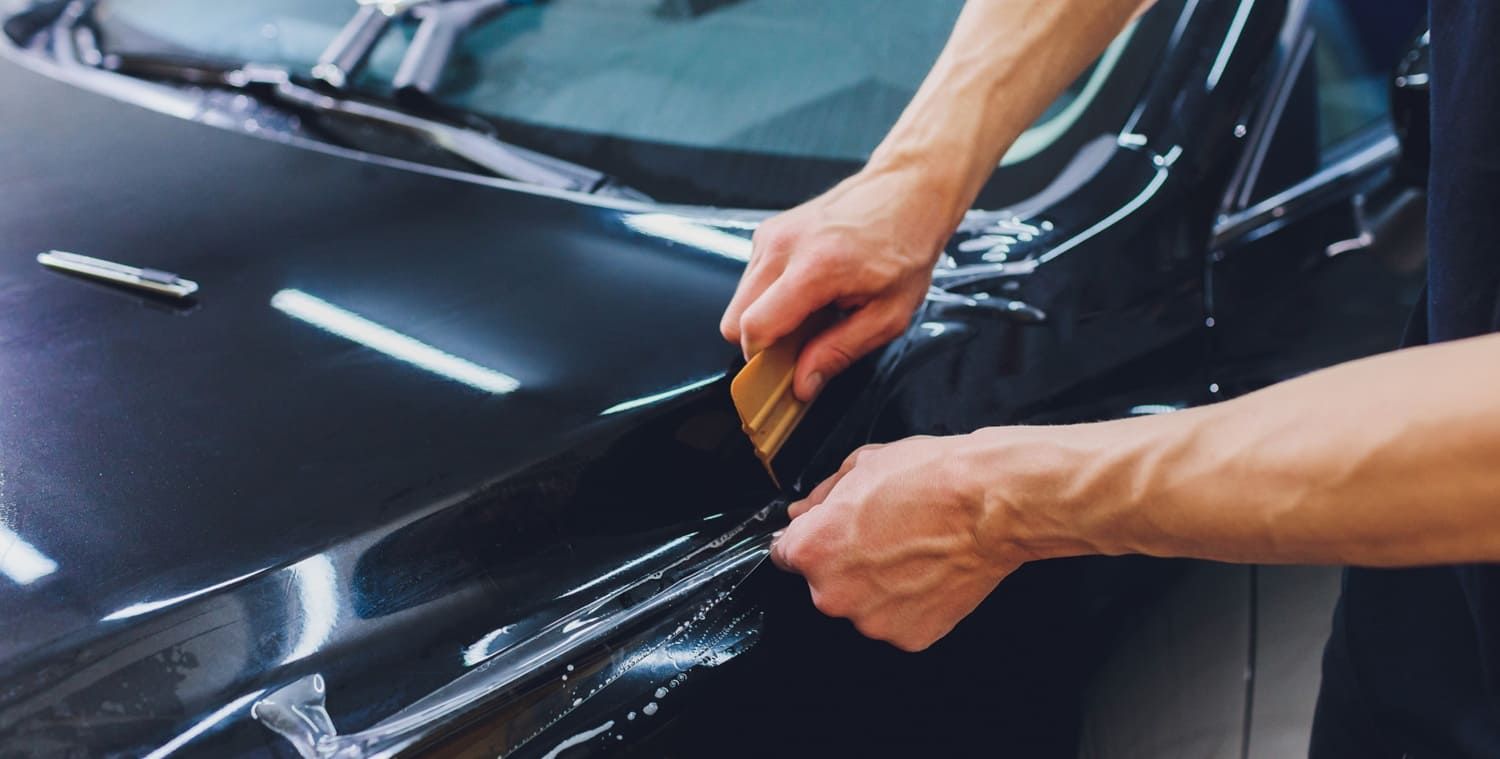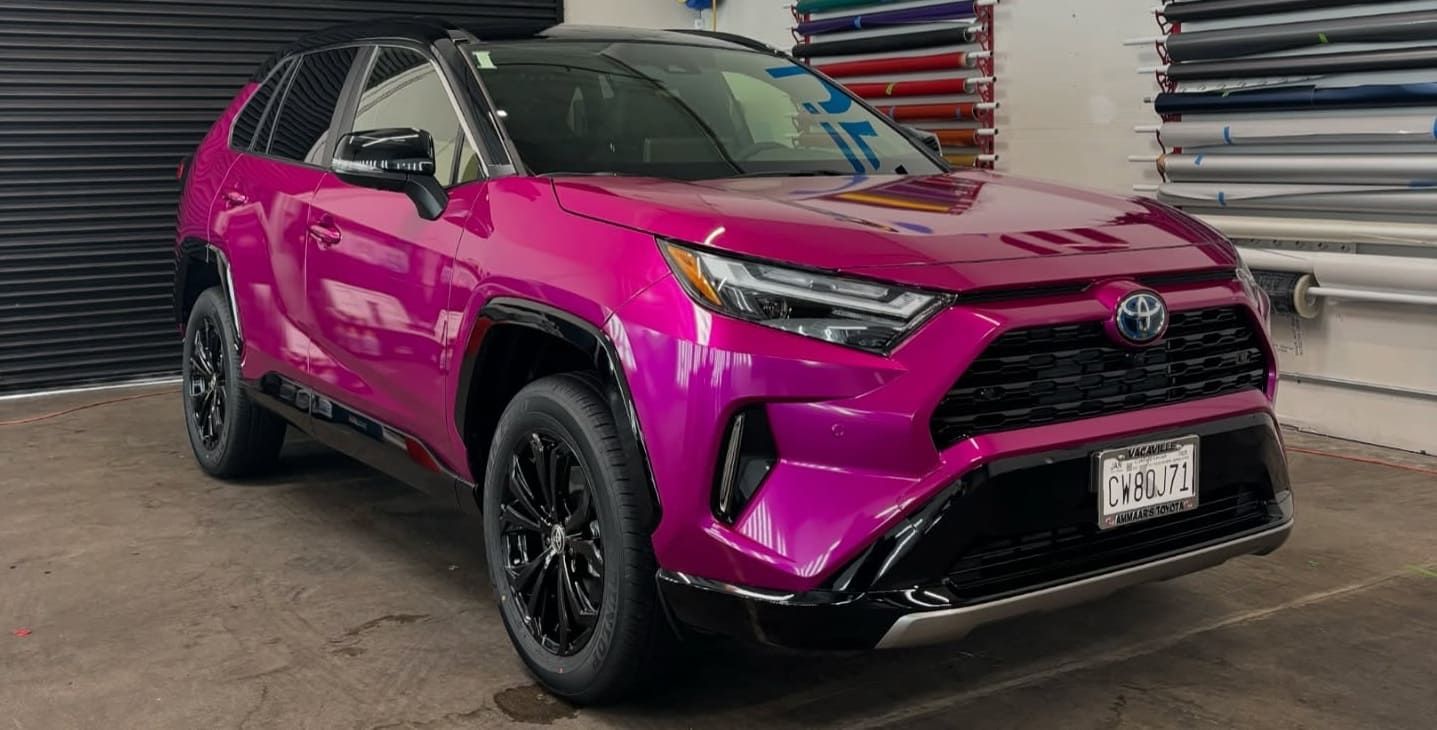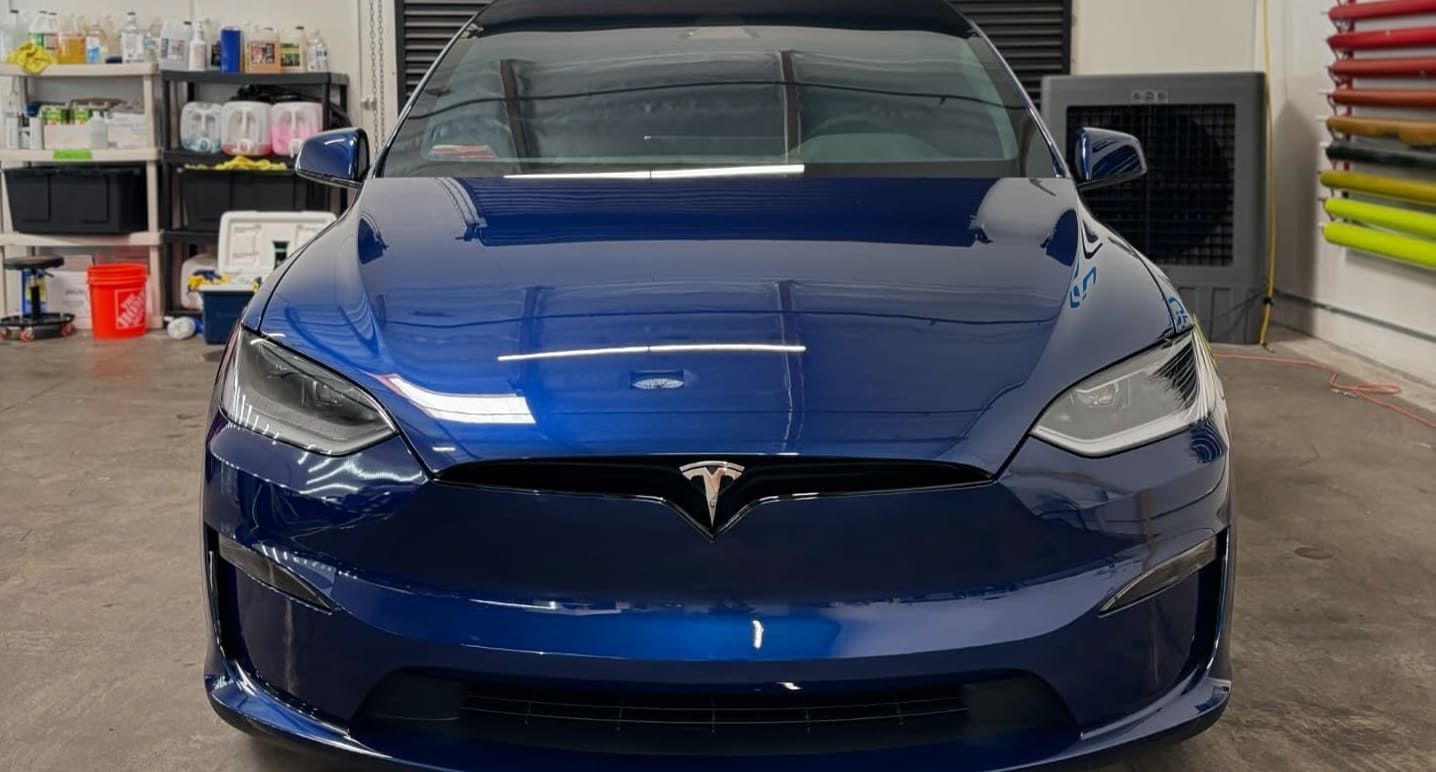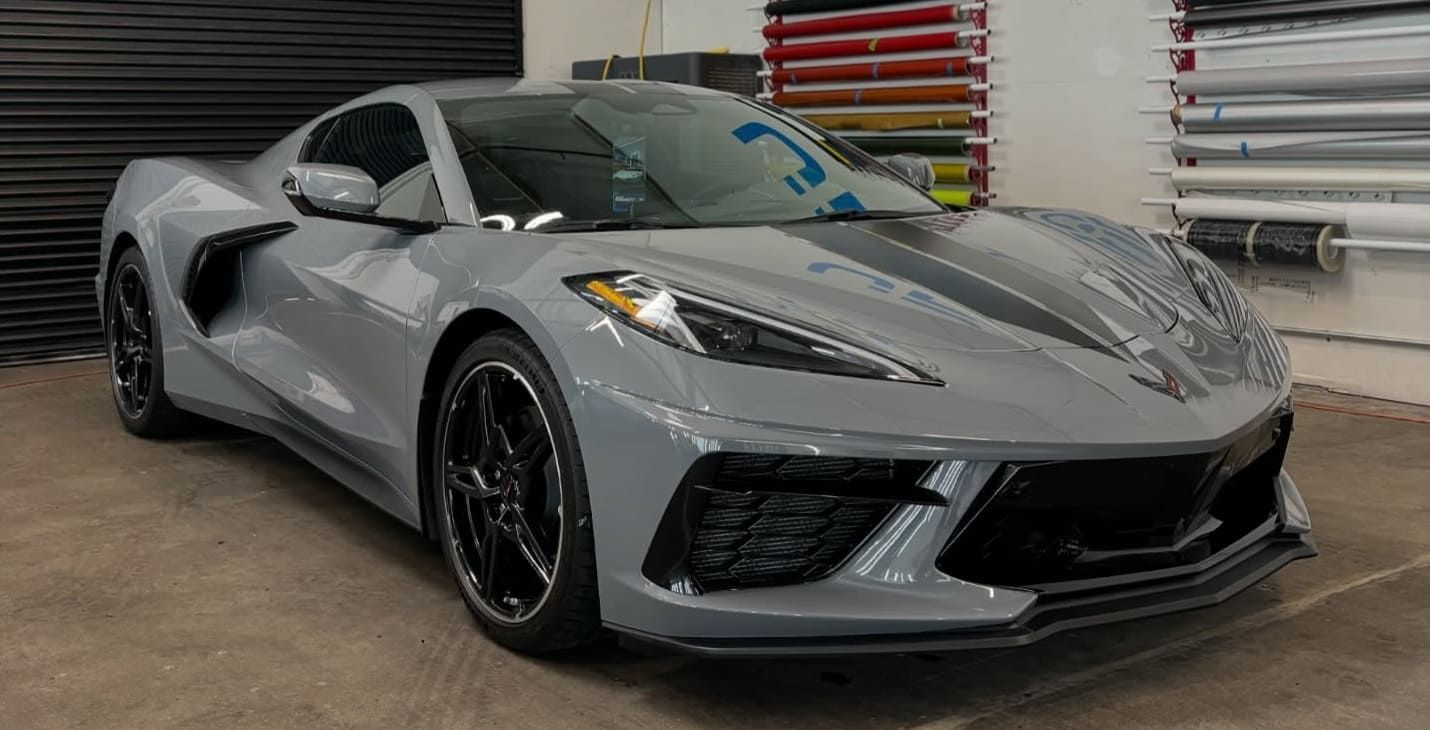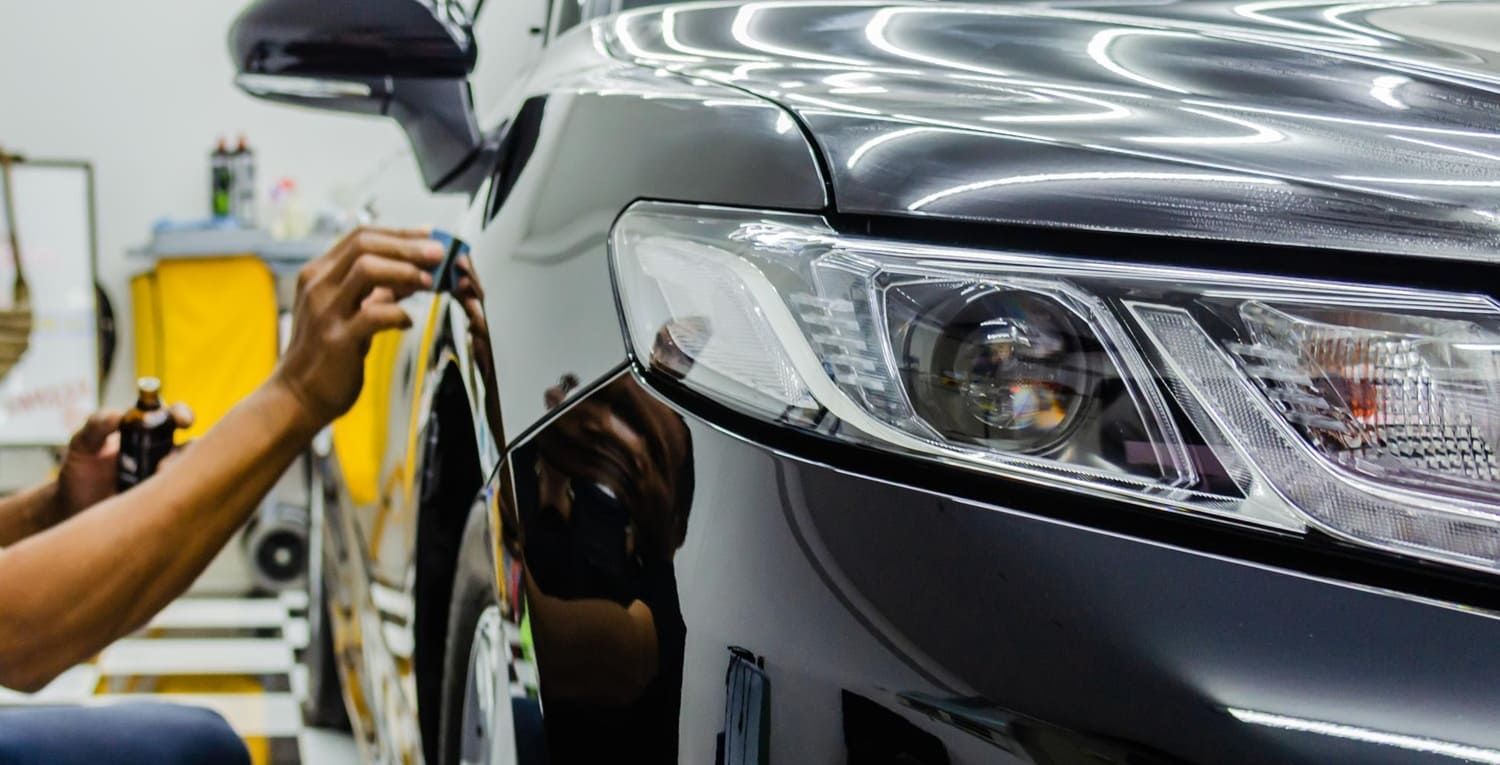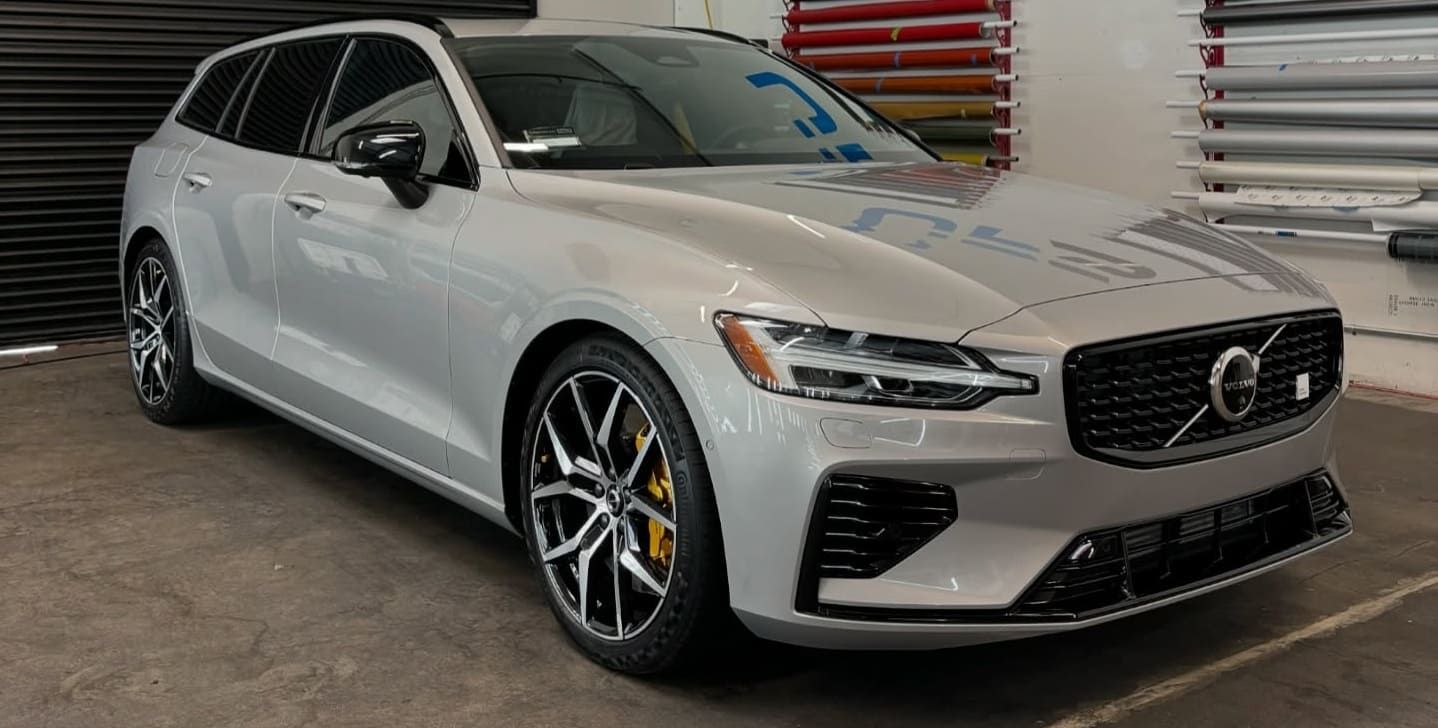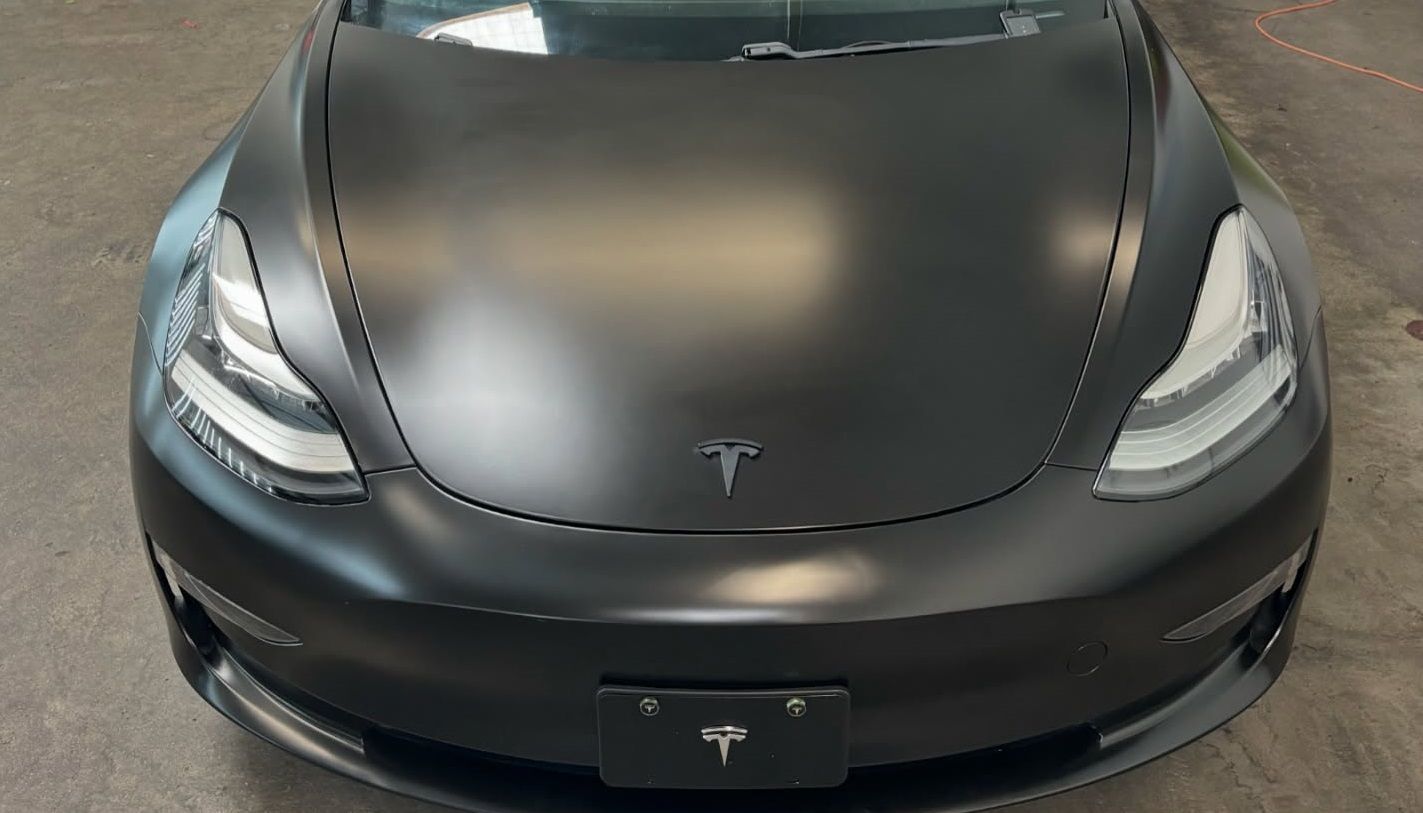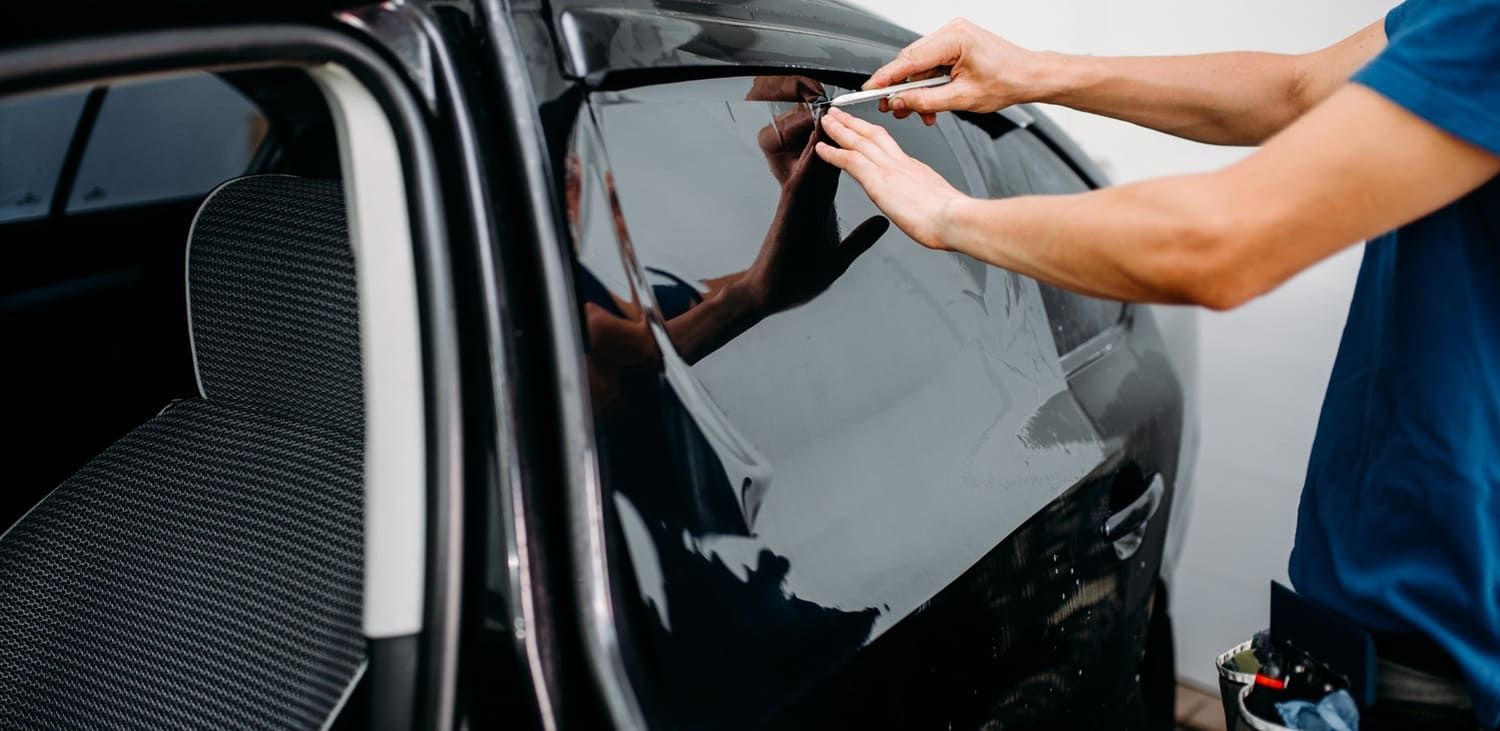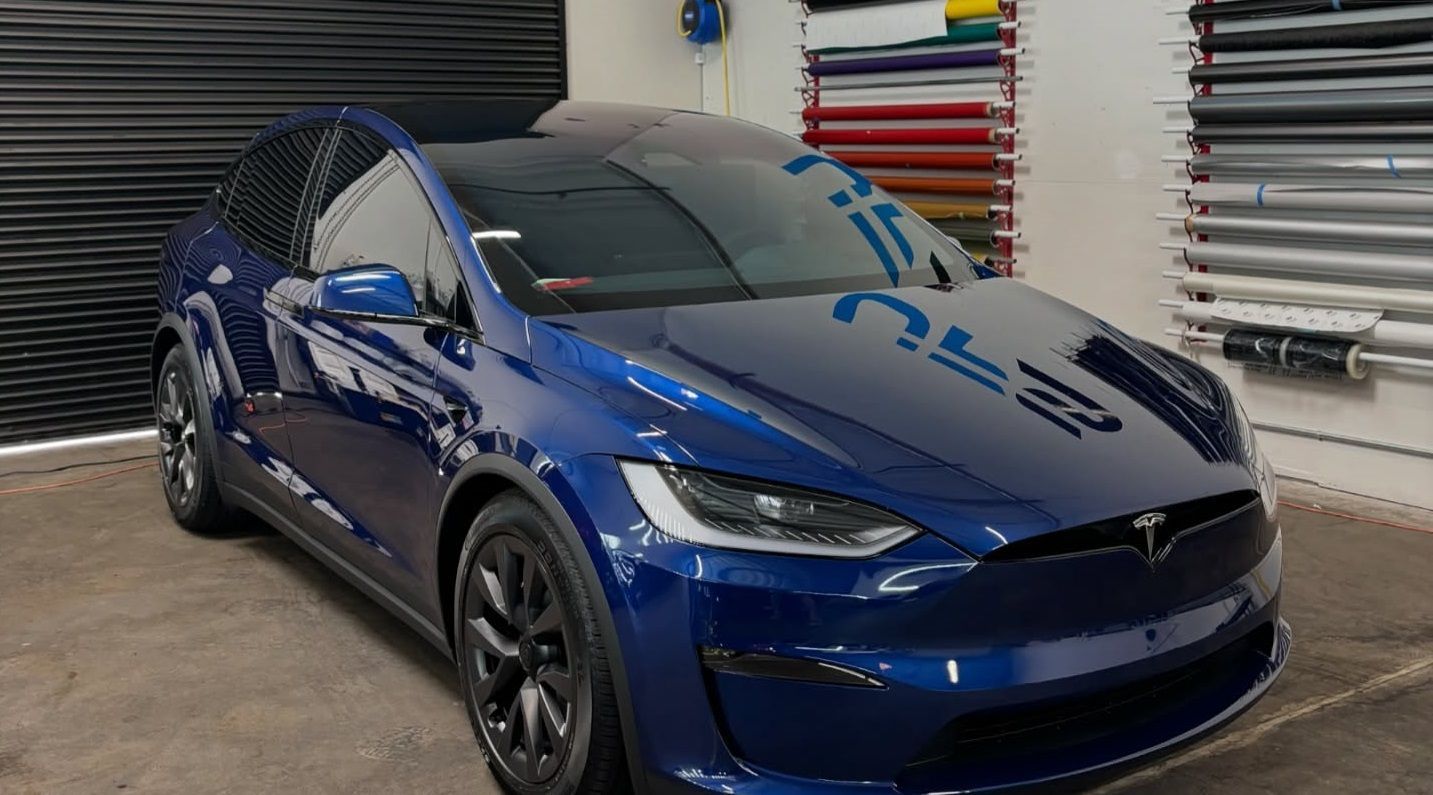The Impact of Window Tinting on Fuel Efficiency: Myth or Fact?
Window tinting is a common practice among vehicle owners. It's often done for privacy, aesthetics, or to reduce heat and glare.
But can it also improve fuel efficiency?
This question has sparked debates among automotive enthusiasts and experts. Some argue that window tinting can indeed enhance fuel efficiency, while others dismiss it as a myth.
In this article, we delve into the impact of window tinting on fuel efficiency. We'll explore the science behind it, discuss expert opinions, and present real-world case studies.
Our goal is to provide a balanced view, debunking myths and presenting facts. By the end, you'll have a clearer understanding of whether window tinting can contribute to your vehicle's fuel efficiency.
Let's dive in.
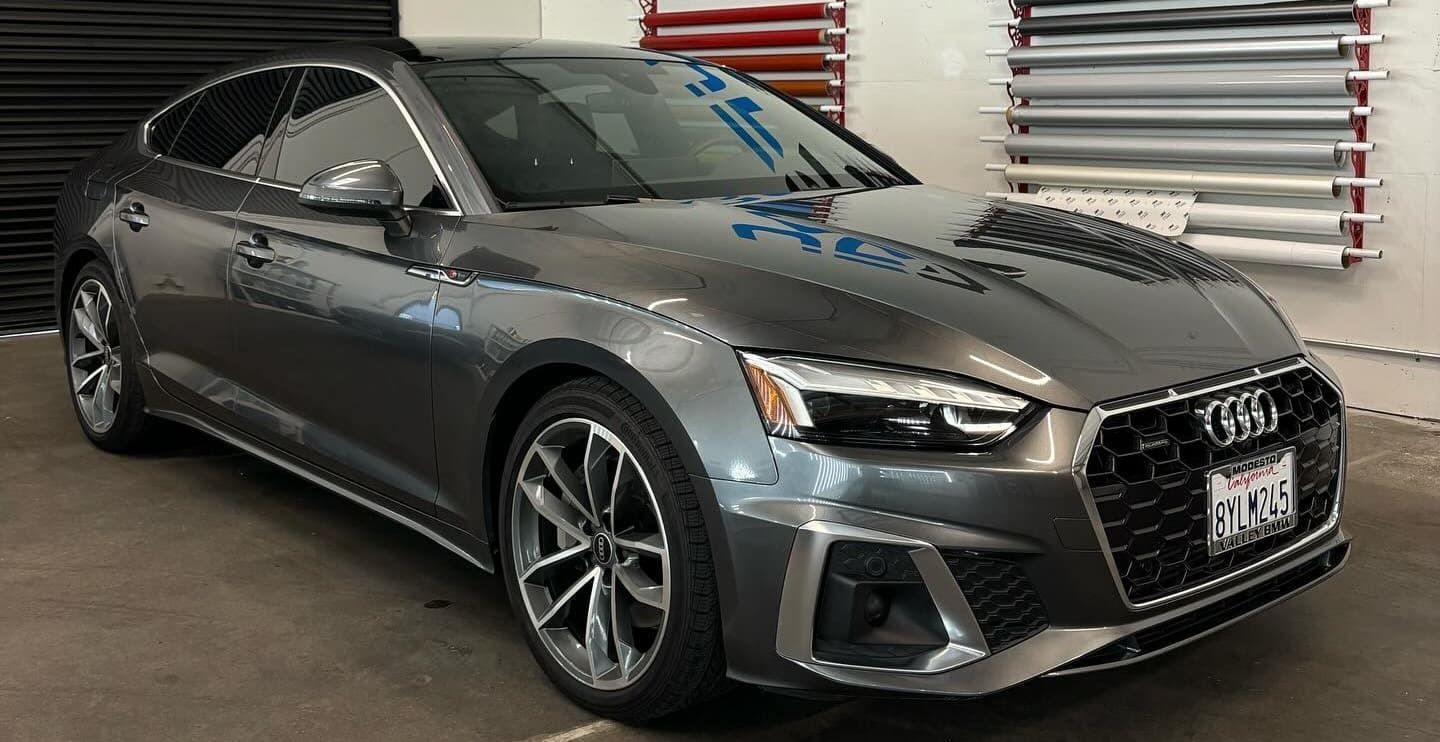
Understanding Window Tinting and Its Purposes
Window tinting involves applying a thin film to a vehicle's windows. This film can range in darkness and is primarily used for several key reasons. It aims to enhance privacy, reduce glare, and protect the interior from harmful UV rays.
Additionally, window tinting helps maintain cooler vehicle interiors by minimizing solar heat gain. This aspect is especially beneficial in hot climates where interior temperatures can soar. By preventing excess heat, tinting can also contribute to preserving car upholstery and minimizing sun damage. Overall, window tinting offers both functional and aesthetic improvements.
How Window Tinting Affects Vehicle Fuel Efficiency
Window tinting has the potential to influence fuel efficiency in various ways. Although its primary role is UV protection and glare reduction, it contributes to energy efficiency as well. This potential stems from its ability to limit how much solar heat enters your vehicle.
When less heat enters the vehicle, your air conditioning system doesn’t have to work as hard. This reduced demand can lead to decreased fuel consumption. The correlation between window tinting and fuel savings becomes evident when you break down its benefits:
- Lower interior temperatures.
- Reduced air conditioning usage.
- Potential fuel savings.
By enhancing energy efficiency, window tints not only add comfort but also align with eco-friendly driving initiatives.
The Science Behind Heat Transfer and AC Usage
Understanding how window tinting works requires a basic grasp of heat transfer. Tint films can filter out certain light wavelengths. This action prevents excessive heat from entering the car’s interior.
When less heat penetrates the cabin, the need for air conditioning diminishes. This aspect directly impacts how your vehicle's energy is utilized. By maintaining a more stable internal temperature, the vehicle uses less fuel to cool the interior space.
Air Conditioning and Fuel Consumption: The Connection
The use of air conditioning in a vehicle significantly increases fuel consumption. When the AC system is operational, it draws power from the engine. This extra load results in more fuel burning as the engine works harder.
Window tints can mitigate this by reducing reliance on air conditioning. By filtering solar heat, tinting helps maintain a cooler interior, lessening the demand on your AC. Consequently, window tinting can offer indirect fuel savings when air conditioning use declines.
Types of Automotive Window Tints and Their Efficiency
Window tinting involves several types with distinct properties that affect efficiency. The most common tints include dyed, metallized, ceramic, and hybrid options. Each offers unique benefits and levels of heat reduction.
- Dyed tints: Budget-friendly and provide basic heat reduction.
- Metallized tints: Reflective and durable, enhancing heat reduction but may interfere with electronics.
- Ceramic tints: Advanced technology offers superior UV protection and heat reduction without signal interference.
- Hybrid tints: Combine various elements for balanced performance.
Selecting the right tint involves considering both efficiency and personal preference. Your choice influences how effectively your vehicle conserves energy and improves comfort.
Legal Considerations and Tint Variations
Legal regulations regarding window tinting vary widely. These laws dictate permissible tint darkness and reflectivity. Following them ensures safe and compliant vehicle operation.
Some regions have stricter rules on tint levels. It's crucial to check local laws before installation. Compliance with these regulations prevents fines and maintains visibility, balancing privacy and safety.
Real-World Benefits: Fuel Savings and Comfort
Window tinting provides tangible benefits beyond aesthetics. By minimizing solar heat gain, it reduces interior temperatures. This leads to decreased reliance on air conditioning, resulting in fuel savings over time.
Comfort is another key advantage. A cooler interior enhances the driving experience, making travel more pleasant in hot conditions. Tints also block UV rays, protecting passengers and the car's interior from damage.
Case Studies and Expert Opinions
Experts confirm window tinting's role in fuel efficiency and comfort. Studies show that effective tints can lower car cabin temperatures substantially. This results in measurable energy savings and enhanced occupant comfort.
Real-world cases highlight noticeable improvements in fuel economy. Drivers report reduced fuel consumption due to less air conditioning usage. Experts agree that when installed correctly, window tints effectively contribute to overall vehicle efficiency.
Potential Drawbacks and Limitations
While window tinting offers benefits, it has limitations to consider. Improper installation can lead to bubbles or peeling. This not only affects appearance but also diminishes effectiveness.
Additionally, legality varies by region. Some areas have strict regulations on tint darkness, impacting customization. It’s crucial to check local laws before investing in window tinting to avoid fines or penalties.
Comparing Window Tinting to Other Fuel-Saving Strategies
Window tinting isn't the sole approach to enhance fuel efficiency. Alternatives include regular vehicle maintenance, which can improve overall performance and reduce fuel consumption.
Furthermore, adopting fuel-efficient driving habits, like smooth acceleration, also contributes significantly to energy savings. While tinting offers supplementary benefits in comfort and efficiency, combining it with these strategies can maximize a vehicle's fuel savings potential.

Maintenance and Longevity of Window Tints
Proper care is vital for window tints to last and remain effective. Avoid harsh chemicals or abrasive cleaners when washing tinted windows.
Additionally, regular inspection for any signs of peeling or bubbling ensures optimal performance. Following manufacturer guidelines can extend the lifespan of your automotive window tint, maintaining its benefits.
The Future of Window Tinting and Fuel Efficiency
Advancements in window tint technology promise greater energy efficiency for vehicles. Innovations may include smarter materials and improved UV blocking capabilities.
Additionally, as green technology evolves, window tints could become integral to eco-friendly car designs. The future holds exciting potential for even greater fuel savings through advanced tinting solutions.
Conclusion: Balancing Myths and Facts
Window tinting does offer fuel efficiency benefits, particularly by reducing air conditioning use. However, these savings might vary based on many factors.
It's crucial to consider both the realities and myths surrounding window tinting. Informed decisions and understanding can lead to optimal energy savings for vehicle owners.
For professional installation, contact Ultimate Film Solutions, the premier auto window tinting installers serving Sacramento and North Hollywood-Los Angeles. Call us today for a free estimate and discover the difference expert tinting can make!

